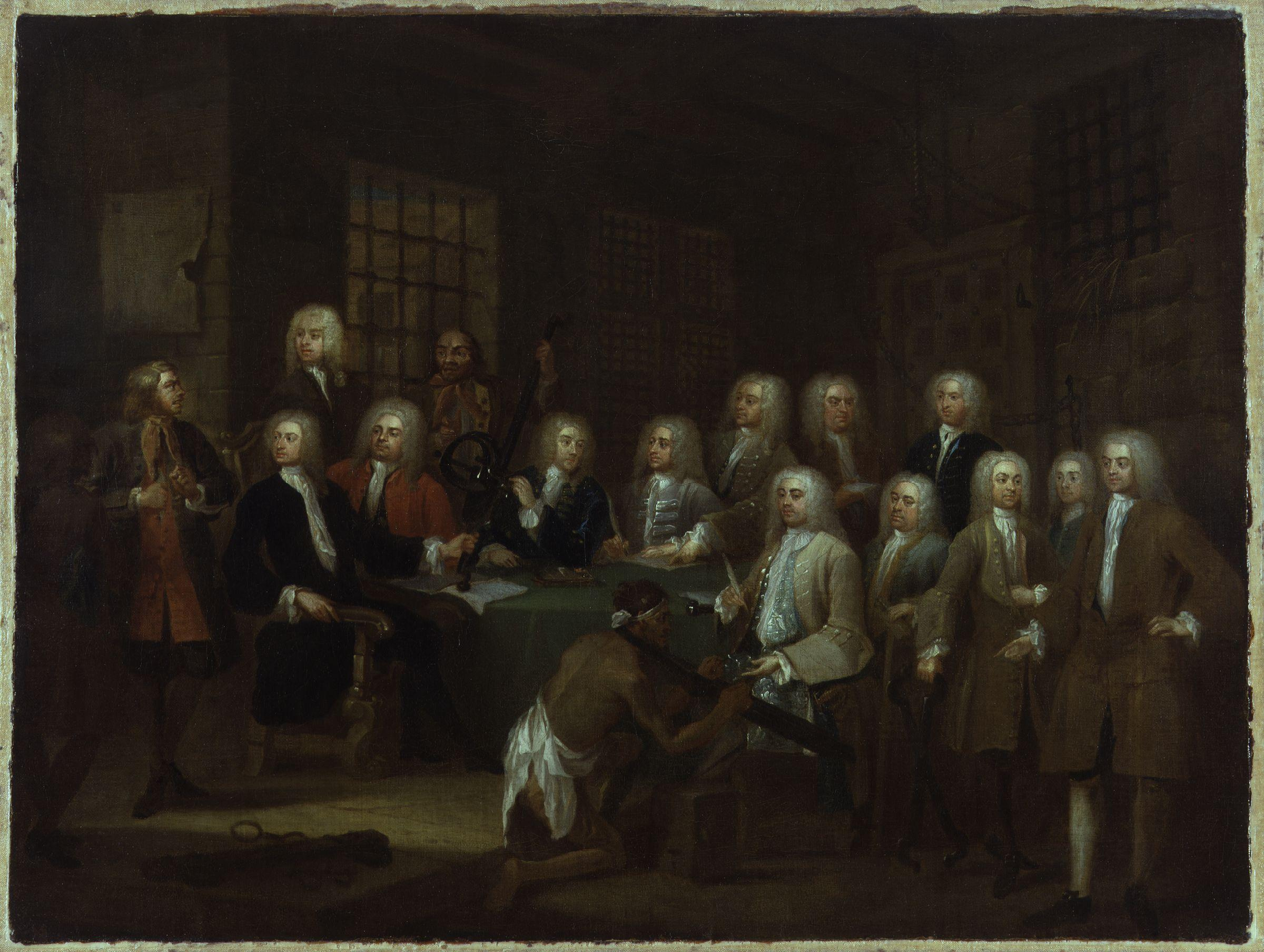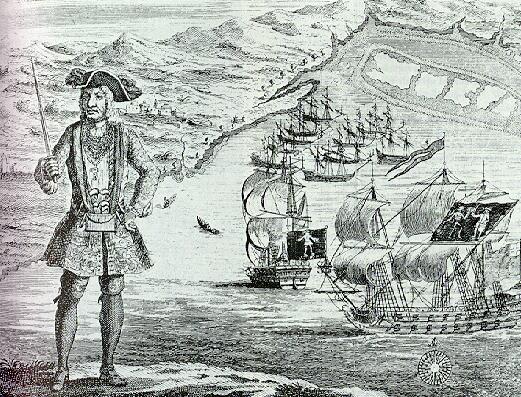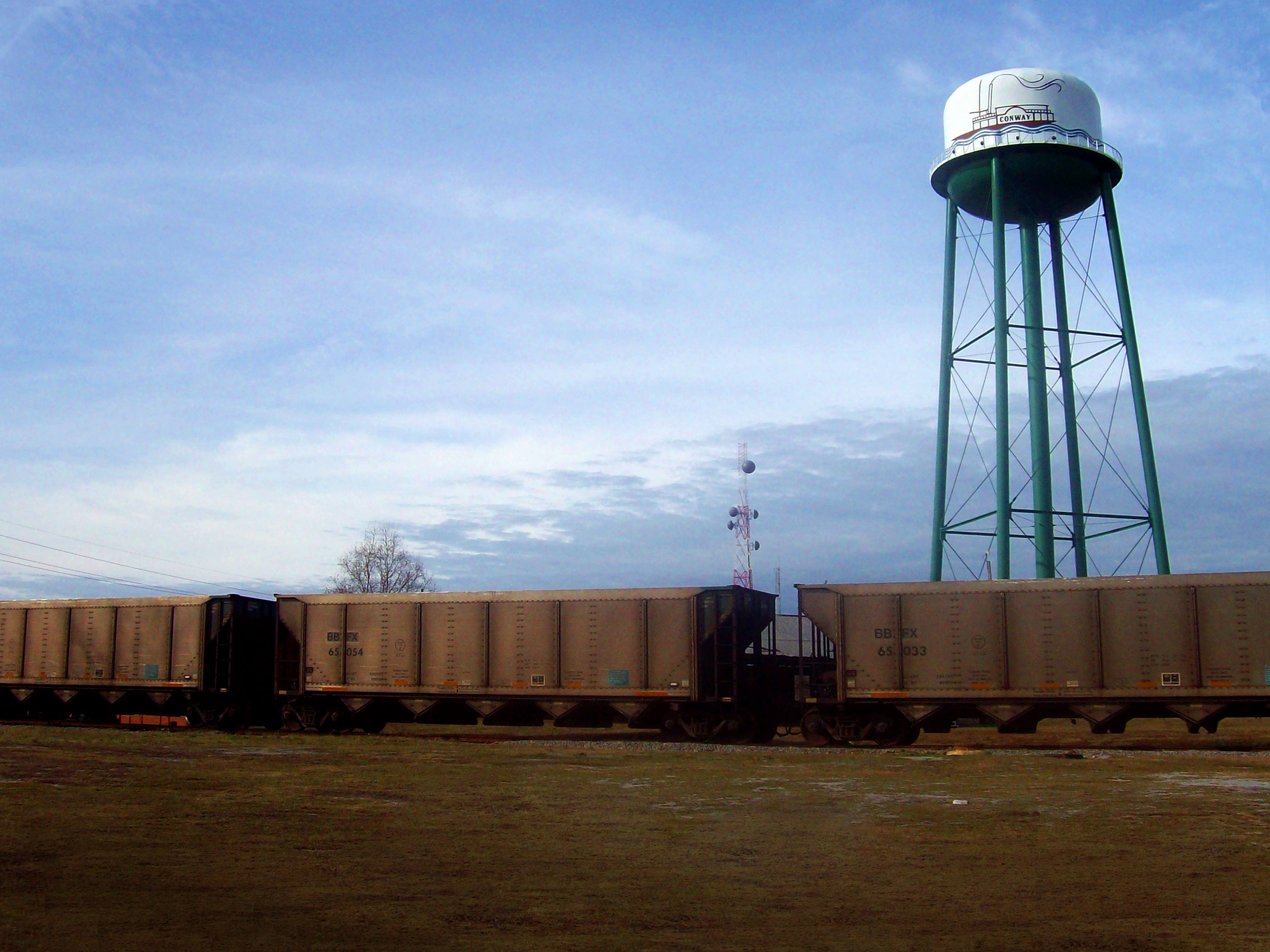|
Robert Johnson (governor)
Robert Johnson (1682 – 1735) was the British colonial Governor of the Province of South Carolina in 1717–1719, and again from 1729 to 1735. Johnson ordered Colonel William Rhett to engage the notorious pirate Stede Bonnet's sloops in the Battle of Cape Fear River with the Charleston Militia on sea in 1718. His grandson was South Carolina Senator Ralph Izard. Life He was the son of Sir Nathaniel Johnson, governor of the Province of South Carolina from 1702 to 1708, and inherited a considerable estate from his father. On April 30, 1717, he was commissioned governor of South Carolina. Like his father, he soon won the confidence of the people, but coming at a time when the powers of the proprietors were already tottering, he was baffled in his efforts to conciliate the colonists, by the proprietors' own greed and folly, and in his endeavors to sustain their authority he lost whatever influence he might have exercised. Settling the Frontier During his time as governor Johnson ove ... [...More Info...] [...Related Items...] OR: [Wikipedia] [Google] [Baidu] |
List Of Colonial Governors Of South Carolina
This is a list of colonial governors of the South Carolina from 1670 to 1775. Until the beginning of the American Revolution in 1775, South Carolina was a colony of Great Britain. South Carolina was named in honor of King Charles I of England, who first formed the English colony, with ''Carolus'' being Latin for "Charles". Proprietary period (1670–1719) Governors of the Proprietary Period were appointed either by the Proprietors or the Grand Council convening in Charles Town. In 1663, Charles II granted the land to eight Lords Proprietors in return for their financial and political assistance in restoring him to the throne in 1660. Royal period (1719–1776) Governors of the Royal Period were appointed by the monarch in name but were selected by the British government under the control of the Board of Trade. Governors served as a viceroy to the British monarch. The governor could appoint provincial officials or suspend their offices on his own authority, except those ... [...More Info...] [...Related Items...] OR: [Wikipedia] [Google] [Baidu] |
Purrysburg, South Carolina
Purrysburg is an unincorporated community in Jasper County, South Carolina. While the town itself was abandoned, the settlers were successful. The town was located on the South Carolina bank of the Savannah River on 40,000 acres. Purrysburg (aka Purysburg, Purrysburgh, Purysburgh, Purisburg, Purisbourg) was named after Jean-Pierre Purry, from Neuchâtel which during this time did not belong to Switzerland as it does today, but to the King of Prussia. Purry, a man using slave labor, led the first settlers there in 1731. Pury first delivered his plan to the Duke of Newcastle as a representative of the Lord Proprietors, but roused no interest. But by the time Robert Johnson became Royal Governor in 1729, it fit very nicely with his needs and instructions. He was trying to strengthen and expand frontier settlement by any European Protestants to block French and Spanish expansion. By 1736, there were 100 houses and as many as 450 settlers in the new town. The settlers were primar ... [...More Info...] [...Related Items...] OR: [Wikipedia] [Google] [Baidu] |
Province Of Georgia
A province is almost always an administrative division within a country or state. The term derives from the ancient Roman ''provincia'', which was the major territorial and administrative unit of the Roman Empire's territorial possessions outside Italy. The term ''province'' has since been adopted by many countries. In some countries with no actual provinces, "the provinces" is a metaphorical term meaning "outside the capital city". While some provinces were produced artificially by colonial powers, others were formed around local groups with their own ethnic identities. Many have their own powers independent of central or federal authority, especially in Canada and Pakistan. In other countries, like China or France, provinces are the creation of central government, with very little autonomy. Etymology The English word ''province'' is attested since about 1330 and derives from the 13th-century Old French , which itself comes from the Latin word , which referred to the sphere ... [...More Info...] [...Related Items...] OR: [Wikipedia] [Google] [Baidu] |
James Oglethorpe
James Edward Oglethorpe (22 December 1696 – 30 June 1785) was a British soldier, Member of Parliament, and philanthropist, as well as the founder of the colony of Georgia in what was then British America. As a social reformer, he hoped to resettle Britain's "worthy poor" in the New World, initially focusing on those in debtors' prisons. Born to a prominent British family, Oglethorpe left college in England and a British Army commission to travel to France, where he attended a military academy before fighting under Prince Eugene of Savoy in the Austro-Turkish War (1716–1718), Austro-Turkish War. He returned to England in 1718, and was elected to the House of Commons of the United Kingdom, House of Commons in 1722. His early years were relatively undistinguished until 1729, when Oglethorpe was made chair of the Gaols Committee that investigated British debtors' prisons. After the report was published, to widespread attention, Oglethorpe and others began publicizing the idea o ... [...More Info...] [...Related Items...] OR: [Wikipedia] [Google] [Baidu] |
Arthur Middleton (governor)
Arthur Middleton (June 26, 1742 – January 1, 1787) was a Founding Father of the United States, signer of the United States Declaration of Independence, and a representative from South Carolina in the Second Continental Congress. Life Middleton was born in Charleston, Province of South Carolina, in 1742. His parents were Henry Middleton and Mary Baker Williams, both of English descent. He was educated in Britain at Harrow School, Westminster School, and Trinity Hall, Cambridge. He studied law at the Middle Temple and traveled extensively in Europe where his taste in literature, music, and art was developed and refined. In 1764, Arthur and his bride Mary Izard settled at Middleton Place. Keenly interested in Carolina, Middleton was a more radical thinker than his father. He was a leader of the American Party in Carolina and one of the boldest members of the Council of Safety and its Secret Committee. In 1776, Middleton was elected to succeed his father in the Continental ... [...More Info...] [...Related Items...] OR: [Wikipedia] [Google] [Baidu] |
A General History Of The Pyrates
''A General History of the Robberies and Murders of the most notorious Pyrates'' is a 1724 book published in Britain containing biographies of contemporary pirates,''A general history of the robberies & murders of the most notorious pirates''. By Charles Johnson. Introduction and commentary by Emmett Remis. Conway Maritime Press, 2002. which was influential in shaping popular conceptions of pirates. Its author uses the name , generally considered a for one of London ... [...More Info...] [...Related Items...] OR: [Wikipedia] [Google] [Baidu] |
Richard Worley
Richard Worley (died 1718/19) was a pirate who was active in the Caribbean Sea and the East Coast of the American Colonies during the early 18th century. Piracy He is first recorded leaving New York with a small boat and a crew of eight men hoping to make their fortune in the so-called Golden Age of Piracy. However, their first prize resulted in the capture of household goods from a shallop in the Delaware River near New Castle in September 1718. This attack was technically burglary rather than piracy, as according to British maritime law at the time the attack did not take place in international waters. Local authorities mistakenly attributed the attack to Worley's better-known counterpart Blackbeard, who had raided the same waterways earlier in the year. Vessels were armed and sent to intercept the robbers but, after cruising for several days without setting sight on Worley, returned empty-handed. Their second prize brought better luck as, upon capturing a sloop bound for Ph ... [...More Info...] [...Related Items...] OR: [Wikipedia] [Google] [Baidu] |
Orangeburg, South Carolina
Orangeburg, also known as ''The Garden City'', is the principal city in and the county seat of Orangeburg County, South Carolina, United States. The population of the city was 13,964 according to the 2010 United States Census and declined to 12,704 in the 2020 census. The city is located 37 miles southeast of Columbia, on the north fork of the Edisto River. Two historically black institutions of higher education are located in Orangeburg: Claflin University (a liberal arts college) and South Carolina State University (a public university). History 18th century European settlement in this area started in 1704 when George Sterling set up a post here for fur trade with Native Americans. To encourage settlement, the General Assembly of the Province of South Carolina in 1730 organized the area as a township, naming it Orangeburg for William IV, Prince of Orange, the son-in-law of King George II of Great Britain. In 1735, a colony of 200 Swiss, German and Dutch immigrants formed ... [...More Info...] [...Related Items...] OR: [Wikipedia] [Google] [Baidu] |
Welsh Tract, South Carolina
Welsh may refer to: Related to Wales * Welsh, referring or related to Wales * Welsh language, a Brittonic Celtic language spoken in Wales * Welsh people People * Welsh (surname) * Sometimes used as a synonym for the ancient Britons (Celtic people) Animals * Welsh (pig) Places * Welsh Basin, a basin during the Cambrian, Ordovician and Silurian geological periods * Welsh, Louisiana, a town in the United States * Welsh, Ohio, an unincorporated community in the United States See also * Welch (other) Welch, Welch's, Welchs or Welches may refer to: People *Welch (surname) Places * Welch, Oklahoma, a town, US *Welches, Oregon, an unincorporated community, US *Welch, Texas, an unincorporated community, US * Welchs, Virginia, an unincorporated c ... * * * Cambrian + Cymru {{Disambiguation Language and nationality disambiguation pages ... [...More Info...] [...Related Items...] OR: [Wikipedia] [Google] [Baidu] |
Saxe Gotha, South Carolina
Lexington is the largest town in and the county seat of Lexington County, South Carolina, United States. It is a suburb of the state capital, Columbia. The population was 23,568 at the 2020 Census, and it is the second-largest municipality in the greater Columbia area. The 2021 estimated population is 24,208. According to the Central Midlands Council of Governments, the greater Lexington area had an estimated population of 111,549 in 2020 and is considered the fastest-growing area in the Midlands. Lexington's town limits are bordered to the east by the city of West Columbia. History Colonial Period In 1735, the colonial government of King George II established 11 townships in backcountry South Carolina to encourage settlement and to provide a buffer between Native American tribes to the west and colonial plantations in the Lowcountry. The townships included one named Saxe Gotha, which flourished with major crops of corn, wheat, tobacco, hemp, and flax as well as beeswax an ... [...More Info...] [...Related Items...] OR: [Wikipedia] [Google] [Baidu] |
Williamsburg County, South Carolina
Williamsburg County is a county located in the U.S. state of South Carolina. As of the 2020 census its population was 31,026. The county seat and largest city is Kingstree. After a previous incarnation of Williamsburg County, the current county was created in 1804. History In 1867 the United States military oversaw the registering of voters in the county in preparation for the election of a new "reconstruction" government. In the Williamsburg District, there were 800 whites and 1,725 African-Americans who were eligible to vote under the new system. A convention was held to organize a new constitutions for the state of South Carolina, the Williamsburg District was represented by William Darrington who was a white reverend from the Williamsburg District who had opposed slavery before the war as well as C.M. Olsen and Stephen A. Swails who were both African-American. Darrington led a prayer at the opening of the convention on February 14 of 1868. In 1868 the state constituti ... [...More Info...] [...Related Items...] OR: [Wikipedia] [Google] [Baidu] |
Conway, South Carolina
Conway is a city in Horry County, South Carolina, United States. The population was 24,849 at the 2020 census, up from 17,103 in 2010 census. It is the county seat of Horry County and is part of the Myrtle Beach metropolitan area. It is the home of Coastal Carolina University. Numerous buildings and structures located in Conway are on the National Register of Historic Places. Among these is the City Hall building, designed by Robert Mills, architect of the Washington Monument. Since the completion of the Main Street USA project in the 1980s, Conway's downtown has been revitalized with shops and bistros. Highlighting the renovation of the downtown area is the Riverwalk, an area of restaurants which follows a stretch of the Waccamaw River that winds through Conway. History Conway is one of the oldest towns in South Carolina. Early English colonists named the village "Kings Town" but soon changed it to "Kingston". The town was founded in 1732 as part of Royal Governor Robert J ... [...More Info...] [...Related Items...] OR: [Wikipedia] [Google] [Baidu] |






